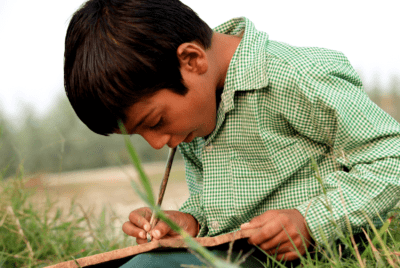RESEARCH
The Effect of Applying Learning Theory to Horticultural Therapy on Improving Personal Relationships in High School Students with Intellectual Disabilities
Summary
This study investigated the effect of applying learning theories (behaviorism, cognitivism, and constructivism) to horticultural therapy on improving personal relationships in high school students with intellectual disabilities. The research is important because it aimed to apply horticultural therapy more actively within vocational education base schools, recognizing that while horticultural activities are potentially suitable for vocational training, their systematic application is needed. The study considered that high school students with intellectual disabilities often face difficulties in communication and social interaction, making the enhancement of interpersonal relations crucial for vocational skills and future independence. The design involved comparing a control group, a group receiving standard horticultural therapy, and a group receiving horticultural therapy specifically structured with learning theories.
The methodology employed a quasi-experiment with three groups of 20 students each. The experimental group applying learning theories received a program structured across 12 sessions, using direct instruction (behaviorism), discovery learning (cognitivism), and cooperative learning (constructivism) in phases. The intervention was carried out weekly for three hours per session from April to June 2012. Data on interpersonal relationships were collected using the Interpersonal Negotiation Strategies evaluation tool and analyzed using SPSS 12.0, with statistical significance set at 5% (p<.05). The focus on applying learning theories systematically to horticultural activities was a key element of the design, aiming to develop a more effective operational method.







